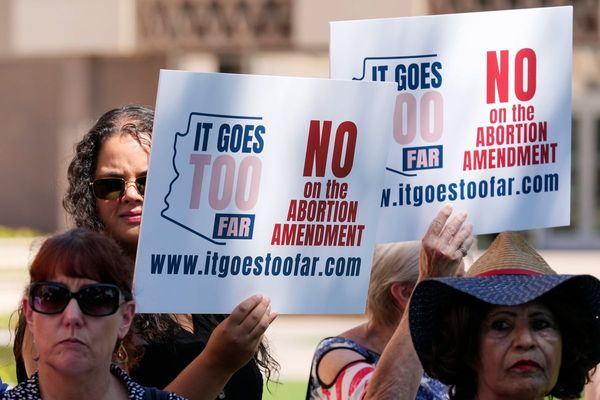
Is the independence of the Reserve Bank of Australia (RBA) about to face an unprecedented challenge from the Coalition and its media supporters?
The government is desperate to avoid a rate rise at Tuesday’s RBA board meeting, which will confirm that millions of Australian families face the nightmare scenario of plunging real wages and higher mortgage repayments as a result of the Coalition’s economic management.
Treasurer Josh Frydenberg, in a subtle but explicit (and unprecedented) attempt to sway the RBA board — all of whom have been appointed by the government — is now arguing that the RBA has previously said it wouldn’t lift rates until wages growth rises significantly.
That is, Frydenberg is saying, there’s no case for a rate rise now, given wages growth — as a consequence partly of the government’s own policies — remains mired in pre-pandemic stagnation.
But Frydenberg is being disingenuous. The RBA has made clear that it has moved away from its “wages first” strategy months ago, instead stating that it was prepared to be “patient” in relation to inflation and the timetable for rate rises, even as financial markets brought forward its expectations of rate rises from 2023 to mid-2022.
But the rapid rise in energy costs globally, supply constraints and then Russia’s invasion of Ukraine further changed the RBA’s thinking. In April it ditched “patient”. Consider the last two paragraphs of the April board minutes:
These developments have brought forward the likely timing of the first increase in interest rates. Over coming months, important additional evidence will be available on both inflation and the evolution of labour costs.
Consistent with its announced framework, the Board agreed that it would be appropriate to assess this evidence and other incoming information as it sets policy to support full employment in Australia and inflation outcomes consistent with the target.
That additional evidence arrived on Wednesday, and it clinched the case — whether the rise is in May or June isn’t important.
But from Morrison and Frydenberg’s point of view, it is absolutely crucial that it be June. For all the talk of how rising interest rates will somehow magically encourage people to vote for the government that is presiding over them, a rate rise on Tuesday will be a body blow to the Coalition’s campaign — even if only because the mainstream media think it will be and will portray it as such.
With Frydenberg going further than any recent treasurer in appearing to dictate what the RBA should do, Morrison might be tempted to go further. Not perhaps in trying to tell the RBA what it should decide — though that kind of Trump-like interference can’t be ruled out for a prime minister who has borrowed so extensively from Trump’s playbook — but in portraying the RBA as out-of-touch bureaucrats who don’t understand the real lives of hard-working Aussies. Morrison will be on the side of Aussie workers, and against the Martin Place elitists.
US-controlled News Corp stands ready to help in such a campaign. Today, The Australian editorialised that there was no case for the bank to raise rates on Tuesday: “Uncertainty remains about the global outlook and how long it will take for post-pandemic supply-chain issues to be resolved. Higher rates will have little impact on global oil prices or building costs forced higher by supply constraints. Many of our inflationary problems are driven by a squeeze on supply rather than an excess of demand. This is not possible for the RBA alone to solve.”
In 2008, The Daily Telegraph was less subtle, attacking then-governor Glenn Stevens as “the most useless man in Australia”, accusing him of wanting to raise interest rates and encourage politicians to lift taxes. The previous year, Stevens and the RBA board had enraged the Coalition with their election campaign rate rise.
Remember Concetta Fierravanti-Wells’ assessment of Scott Morrison’s character — ruthless, an autocrat and a bully, no moral compass. His period as prime minister has seen a collapse in standards of integrity in public life, all the way up to his own conduct and that of his office. Trashing the Reserve Bank, or even trying to bring its independence to an end, would be entirely in character for a man known to do and say anything to preserve his power.
This could be the most dangerous moment in Australian economic policy since the Reserve Bank became independent in the 1990s.







